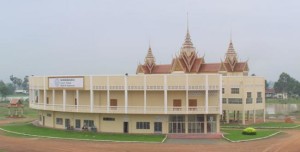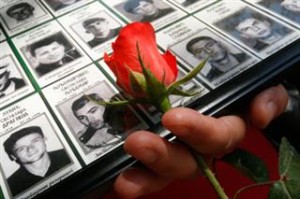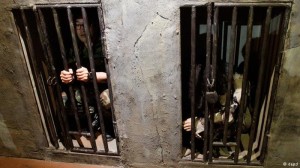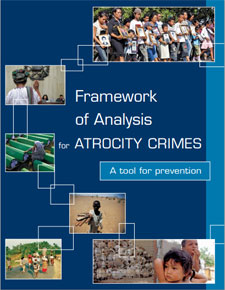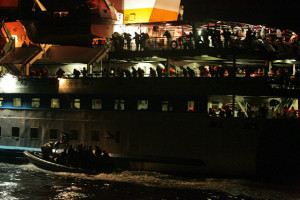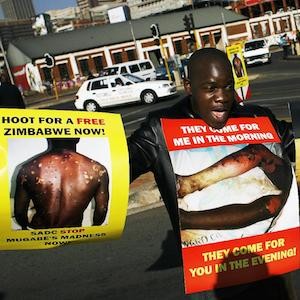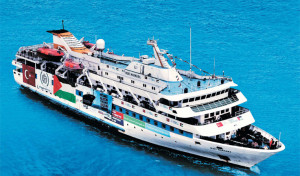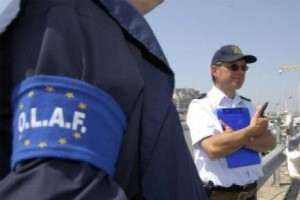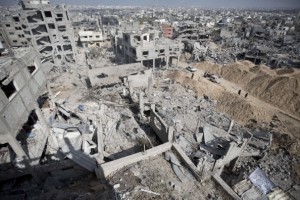by Youk Chhang*
We have come a long way in forging a number of valuable instruments and policies to meet the challenge of responding to and punishing violence and mass atrocity. Recognising that the root causes of mass atrocities often stem from the inequalities between identity groups, we have put emphasis on the legal and governmental aspects of violence prevention. In terms of punishment as well, a variety of courts have been created to shed light on the atrocious acts of criminal regimes, and punish leaders who were most responsible.
The proceedings now under way at the Extraordinary Chambers in the Courts of Cambodia (ECCC), known as the Khmer Rouge tribunal, represent one example of how Cambodia has sought to address the horrible crimes perpetrated from 1975-79. The court’s work can be broken down into four cases. Case 001, which was completed in 2012, centred upon the prosecution of the notorious chief of a prison/security centre (S-21), who was sentenced to life imprisonment.
The trial court also recently issued its judgment for the accused senior leaders in the first set of charges in Case 002. Case 002, which has been broken up into separate trials reflecting different charges against the accused, holds importance in Cambodia’s struggle to understand what happened and why during the horrific Democratic Kampuchea (DK) period. Finally, cases 003 and 004 continue to be investigated. Continue reading

